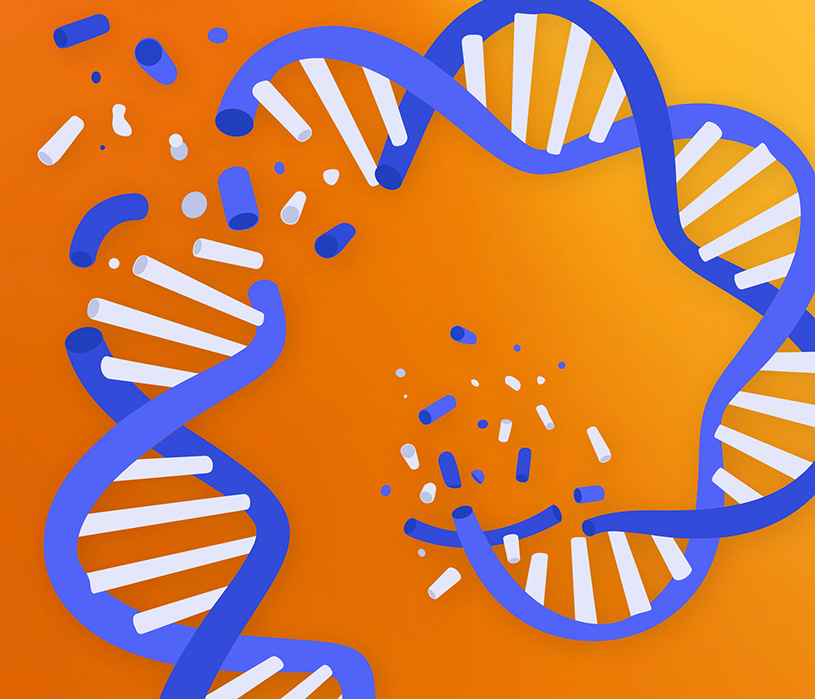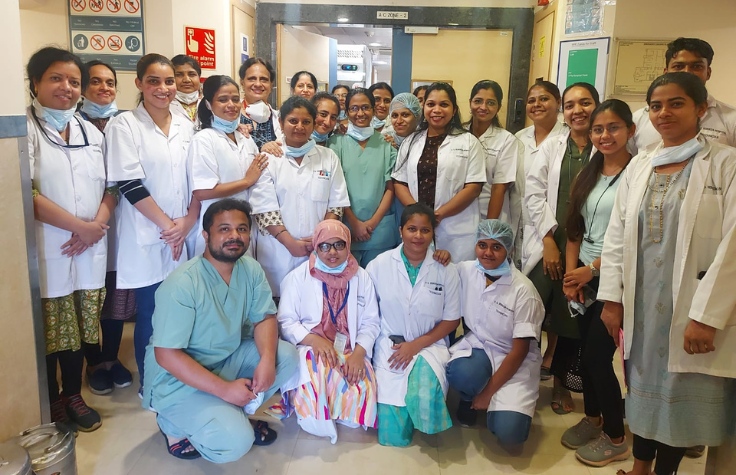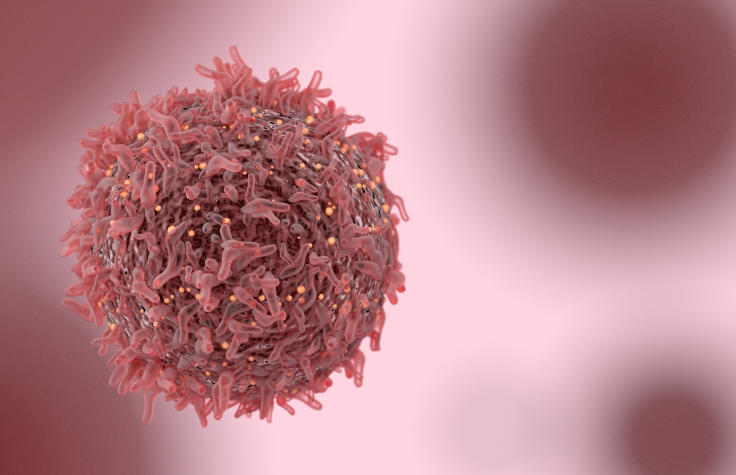NGS allows researchers to detect low-frequency molecular events associated with carcinogenesis, cancer growth, and metastasis without bias for novel discoveries. Our comprehensive product portfolio supports integrated and flexible workflow solutions for library preparation, sequencing, and analysis to study DNA, RNA, epigenetics, protein, and more to enable multiomic cancer research. We offer a range of sequencing systems to meet your needs, from powerful benchtop models to versatile, high-throughput sequencing platforms to deliver quick, accurate, and cost-effective answers for actionable insights.




